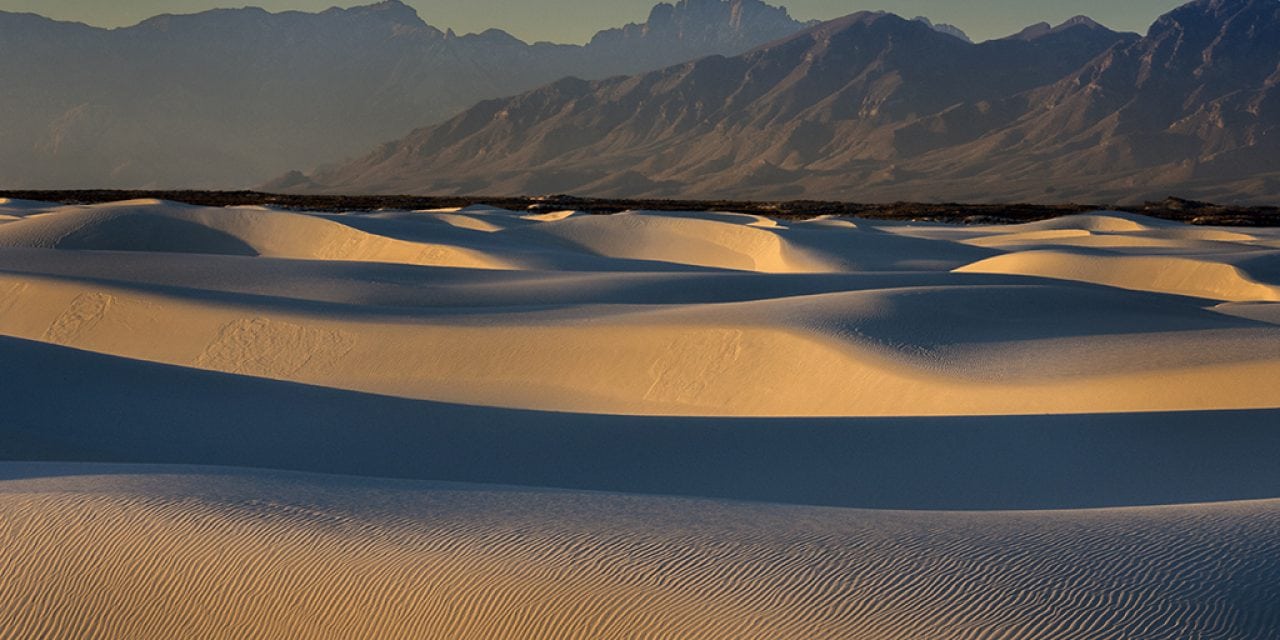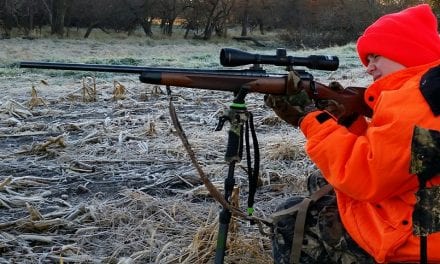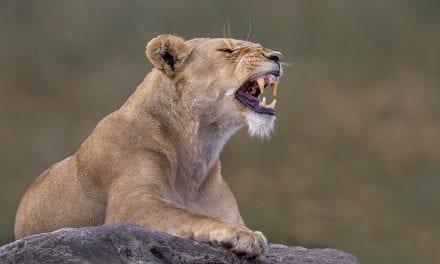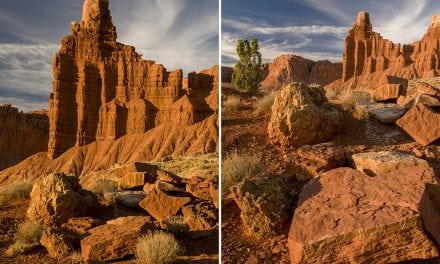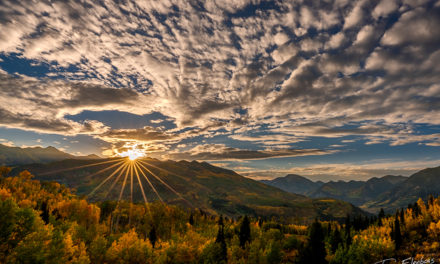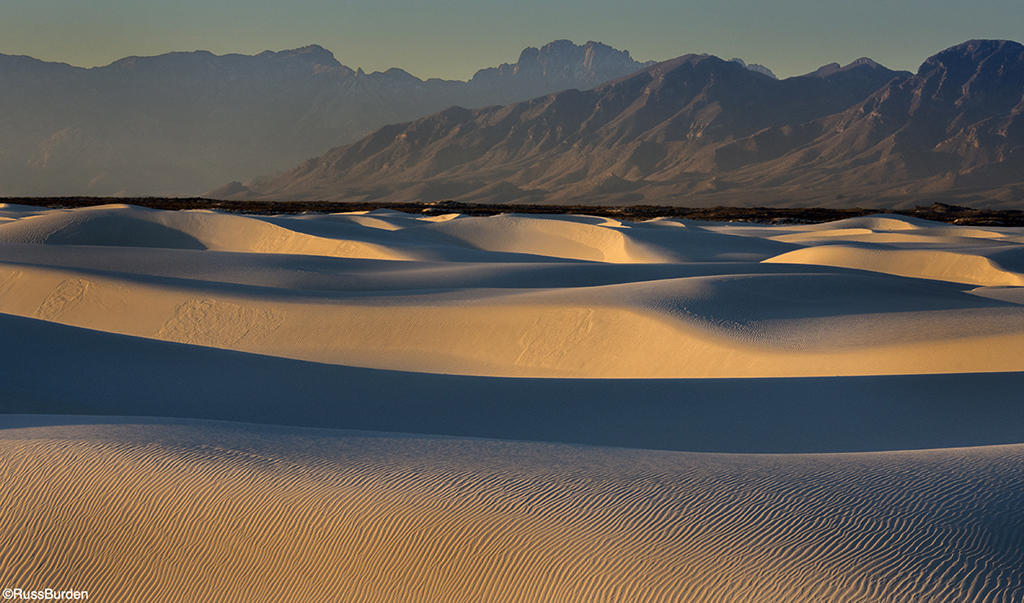
The most important aspect that determines if a photograph gains recognition is light. It certainly can be debated that other factors contribute to the quality, but regardless of each factor, without good light, the image will fall short. A gorgeous flower-filled meadow in ugly light makes the viewer crave greater radiance. An iconic mountain peak in flat light leaves the viewer longing for better illumination. Majestic acreage of rolling hills photographed in dull gray overcast is desperate for the warm glow of a sunrise or sunset. The list goes on, proving that the most significant ingredient is light. As my landscape photography evolved, I noticed similarities in my photos in regard to the light. I share with you tips on how to create images that show my favorite light for landscapes. (Disclaimer: It’s a given that the technical aspects are all the same regarding exposure, depth of field, proper focus, etc.)
Early/Late Sidelight: Sidelight reveals texture, gives shape to every subject in the composition and provides dimensionality. The texture, shape and dimensionality are achieved because sidelight creates a shadow and highlight on anything that contains a surface. The benefit of this is the shadows and highlights bring out features that would otherwise go unnoticed if the scene were front lit. It gives the scene depth. The viewer’s eye first goes to the side that is lit because it’s the brightest part in the scene. The eye always goes to the brightest or most saturated warm tone first. The eye then transitions to the shadow side as it wraps around the subject. Sidelight illuminates a landscape at sunrise and sunset because the sun is low on the horizon. This is serendipitous in that the color of light at these times is conducive to great landscape photography. The warm tones combined with the direction of light work well to produce gorgeous photographs. Set your alarm so you can arrive early and postpone dinner so you can stay out late. Your images will thank you.
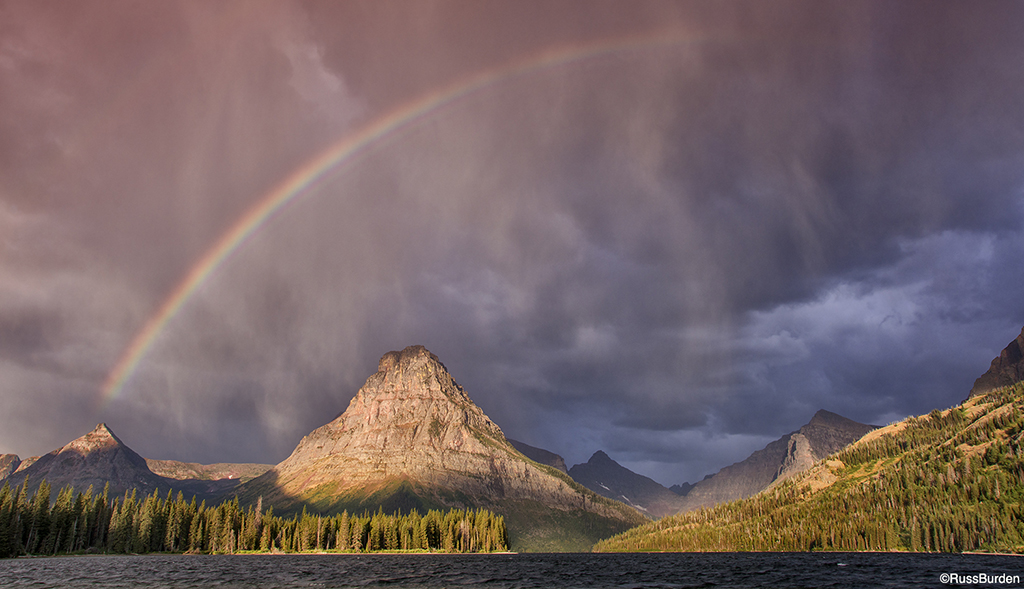
Storm Light: I love it when I can use the word “moody” to describe a photograph. Mood can be created by fog, rain, snow, a light mist, a spotlight from a shaft of sun, drama in the clouds, impending storms, a cloud filled dramatic sunrise—you get the idea. The more often you can incorporate these types of light and create images that exude mood, the more you’ll differentiate yourself from the vast majority of photographers who make image after image of cloudless, ordinary sunrises or sunsets. Monitor the weather to see the predictions. Download weather apps onto your phone. Concentrate on those that allow you to zoom into small areas on the map so you see the weather in real time. If there’s an impending storm, the potential for dramatic light increases. If fog is predicted, don’t try to escape it. If the sun breaks through and illuminates your subject while fog is still around, the possibility for great images goes up exponentially. Contrast may become extreme if the clouds part, so be cognizant of your meter reading when this occurs. Check for blinking highlights on your histogram. Don’t blow them out. Bracket your exposure to be on the safe side. (See HDR below.)
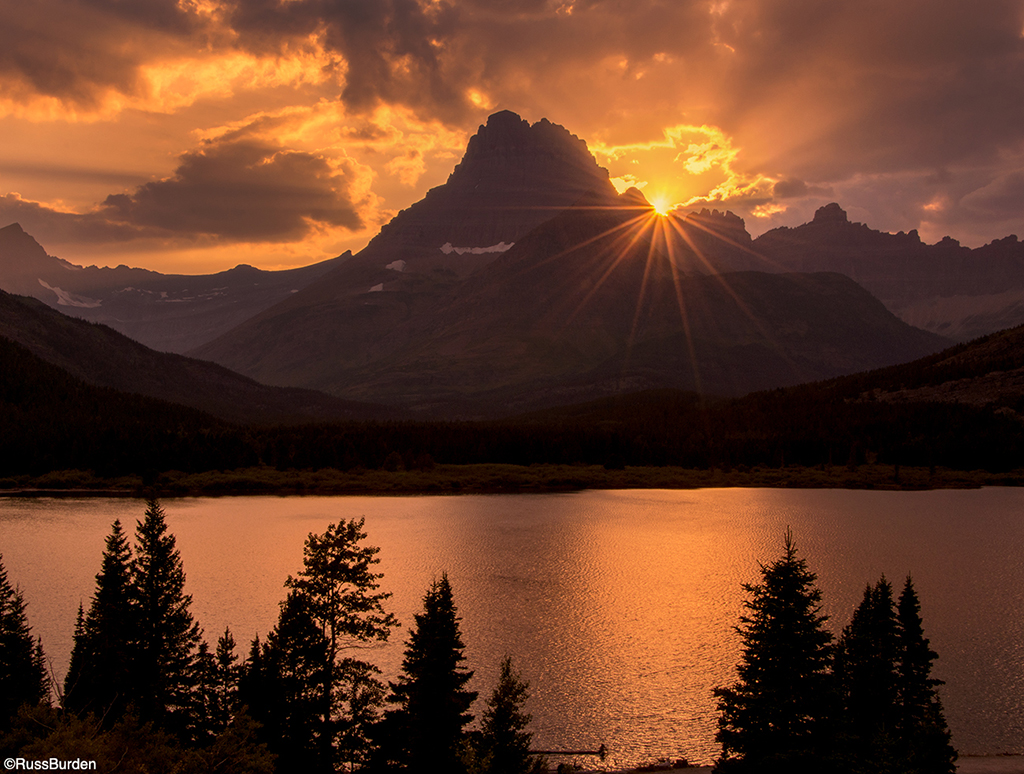
Backlight: Backlit landscapes are mostly shot early and late in the day when the sun is close to the horizon. Backlight is ideal if you want to emphasize a strong silhouette, rim light a subject with a strong outer glow or enhance the look of fog or mist, as it provides warmth and an ethereal glow, creates shafts of misty light and creates a sun star. In regard to a silhouette, look for shapes that are strong, unique and distinguished. The image will be reduced to these qualities and stripped of most detail. Watch for mergers, as it’s best to offset dark portions against light areas so the silhouette is prominent. The rim light technique works well if there are subjects that have translucence. Autumn-colored trees come to mind, as do thick clouds that have thinner edges. In both cases, be aware of your exposure so you maintain highlight detail and can recover shadow detail in post-processing. Backlit fog or mist is one of my favorite conditions in which to shoot. It goes hand in hand with creating shafts of misty light. Depending on the density of the fog, more or fewer shafts will be created. Additionally, the density of the fog or mist determines how much backlight gets filtered. When you encounter backlit mist, exploit it to its fullest. To create a sun star, stop your lens down to ƒ/22 and let the sun ever so slightly peek out from behind a portion of the subject. Watch carefully for flare spots that can detract from the overall quality of the photo.
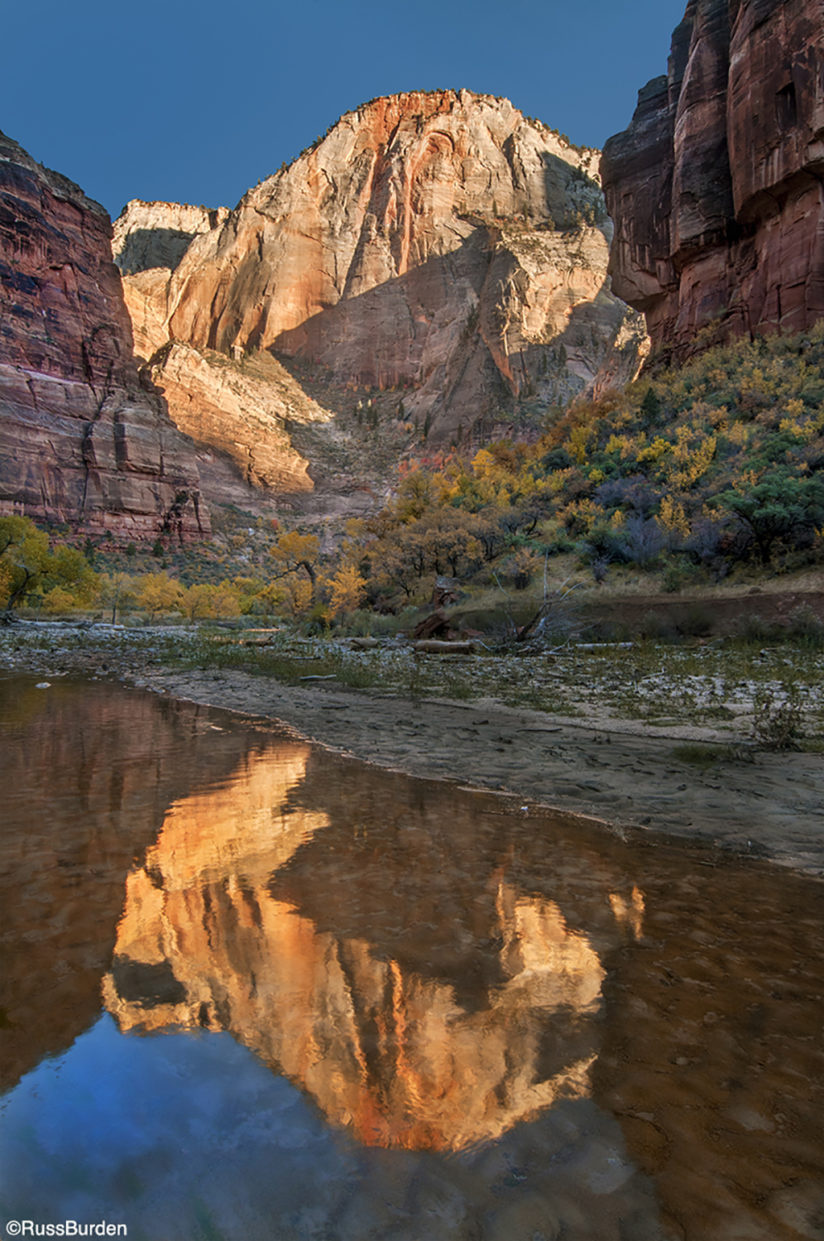
HDR: HDR stands for High Dynamic Range. It’s used when it’s necessary to capture a scene that exceeds the camera’s ability to maintain detail from the deepest shadows to the brightest highlights in a single capture. A bracketed series of exposures is made with the idea of blending the best parts of each to come away with a single image that spans a wide contrast range. Software is used to blend the images together. There are a number of software companies that have HDR programs. Due diligence is necessary to see which works best for you. The series of bracketed images is run through the program, which compresses the contrast. I often find that further post-processing tweaks improve the photo. In the photo taken in Zion at sunset, I used a bracketed series of three photos: 2 stops under / on the meter reading / two stops over. After running the three images through my HDR software, I made a few other post-processing enhancements to pop it a bit more. When you decide to incorporate HDR, the number of exposures, along with the exposure range that differentiates them, should be dictated by the contrast range of each scene.
If you can combine any of the above four effects into the same image, that’s a huge bonus. Seek and ye shall find.
Visit www.russburdenphotography.com for information about his nature photography tours and safari to Tanzania.
The post Favorite Light For Landscapes appeared first on Outdoor Photographer.

